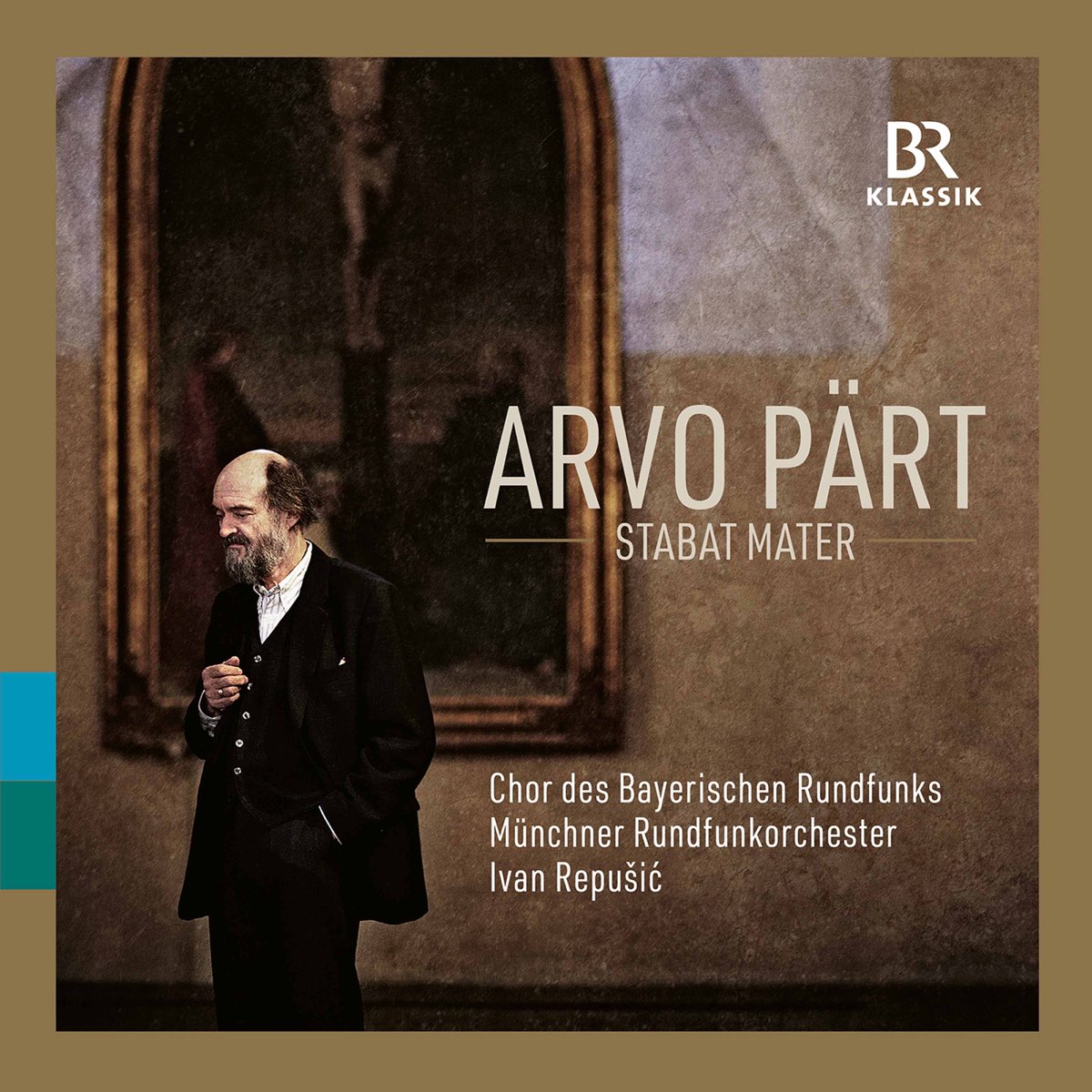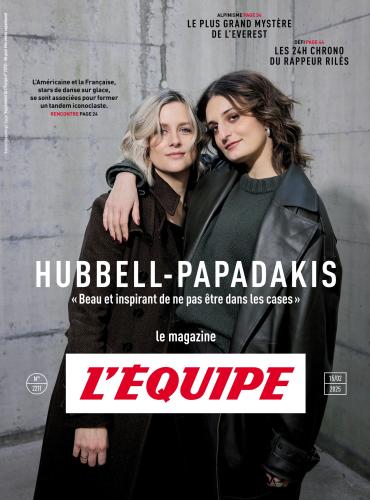
Chor des Bayerischen Rundfunks, Munchner Rundfunkorchester & Ivan Repusic – Arvo Part: Choral & Orchestral Works (2021)
FLAC (tracks) 24bit/48kHz | Time – 59:20 minutes | 602 MB | Genre: Classical
Studio Masters, Official Digital Download | Digital Booklet, Front Cover | © BR-Klassik
Time flows and stands still in this contemplative music that sounds old and new and yet neither old nor new, naive art and higher mathematics, a child’s game, a glass bead game, like first steps and last words – all rolled into one. The compositions that Arvo P”art has been writing for almost half a century defy any labelling or ideology. In his anachronistic art, the Estonian composer – who emigrated from the Soviet Union with his family in 1980 and found a refuge in (West) Berlin – chose the path of renunciation, reduction, and voluntary poverty. The most famous testimony to this musical conversion is undoubtedly Fratres (“Brothers”), which was written in 1977 but has appeared in all kinds of different instrumentations and versions over the years. In its ascetic austerity and almost liturgical solemnity, Fratres is reminiscent of a communal prayer or a spiritual act.
After “Te Deum”, “Arvo P”art – Live” and “Miserere”, “Stabat Mater” is already the fourth album to emerge from the close artistic collaboration between the composer and the Bavarian Radio Chorus, and to be recently released by BR-Klassik. – In addition to this impressive piece, this newly-released album offers some of the works that are key to the composer’s stylistic development, and rarely appear in the concert repertoire or as recordings. Despite or perhaps precisely because of the radical reduction of its means of expression, P”art’s music demands the greatest care in its performance from those playing, and is masterfully realized in this recording by the Bavarian Radio Chorus and the M”unchner Rundfunkorchester under the conductor Ivan Repusic.
Like almost no other contemporary composer, the Estonian Arvo P”art (born 1935) has succeeded in bringing sacred music back to the attention of a larger audience, even outside the church service. Because of its meditative character and its return to the simplest basic musical forms, his music gives us an insight into key spiritual moments. To this end, even before his emigration from the Soviet Union, P”art invented what he referred to as the “tintinnabuli style” (Latin for “little bells”) of composing. In 1977 he delivered one of the first significant examples of this style with the first version of Fratres, which still has no fixed and prescribed instrumentation. In its ascetic austerity and almost liturgical solemnity, the work is reminiscent of a communal prayer or a spiritual act.
Tracklist:
1. Munich Radio Orchestra & Ivan Repusi’c – Fratres (Version for String Orchestra & Percussion) (10:19)
2. Munich Radio Orchestra & Ivan Repusi’c – Silouan’s Song (Version for String Orchestra) (05:02)
3. Munich Radio Orchestra, Stanko Madi’c & Ivan Repusi’c – La sindone (2019 Revised Version) (06:54)
4. Munich Radio Orchestra & Ivan Repusi’c – Summa (Version for String Orchestra) (05:06)
5. Munich Radio Orchestra & Ivan Repusi’c – F”ur Lennart in memoriam (06:56)
6. Munich Radio Orchestra, Chor des Bayerischen Rundfunks, Florian Benfer & Ivan Repusi’c – Stabat mater (Version for Mixed Choir & String Orchestra): I. Amen. Stabat mater dolorosa (07:29)
7. Munich Radio Orchestra, Chor des Bayerischen Rundfunks, Florian Benfer & Ivan Repusi’c – Stabat mater (Version for Mixed Choir & String Orchestra): II. Quis est homo (04:59)
8. Munich Radio Orchestra, Chor des Bayerischen Rundfunks, Florian Benfer & Ivan Repusi’c – Stabat mater (Version for Mixed Choir & String Orchestra): III. Sancta mater (04:24)
9. Munich Radio Orchestra, Chor des Bayerischen Rundfunks, Florian Benfer & Ivan Repusi’c – Stabat mater (Version for Mixed Choir & String Orchestra): IV. Fac me plagis (08:11)
Download:




















![Chor des Bayerischen Rundfunks, Ivan Repušić - Giuseppe Verdi: I Lombardi alla Prima Crociata (2023) [FLAC 24bit/44,1kHz] Chor des Bayerischen Rundfunks, Ivan Repušić - Giuseppe Verdi: I Lombardi alla Prima Crociata (2023) [FLAC 24bit/44,1kHz]](https://imghd.xyz/images/2023/11/22/f8tw6zu74i65a_600.jpg)
![Dejan Lazić, Muenchner Rundfunkorchester, Ivan Repušić - Istrian Rhapsody - Dejan Lazić (2023) [FLAC 24bit/96kHz] Dejan Lazić, Muenchner Rundfunkorchester, Ivan Repušić - Istrian Rhapsody - Dejan Lazić (2023) [FLAC 24bit/96kHz]](https://imghd.xyz/images/2023/06/13/ffxopvrj5nt1a_600.jpg)
![Munchner Rundfunkorchester & Ivan Repusic - Suppe: Overtures (2018) [FLAC 24bit/48kHz] Munchner Rundfunkorchester & Ivan Repusic - Suppe: Overtures (2018) [FLAC 24bit/48kHz]](https://getimg.link/images/imgimgimg/uploads/2019/05/Pl9p5dB.jpg)
![Ivan Repusic, Munich Radio Orchestra, Stanko Madic - Peteris Vasks: Viatore, Violin Concerto “Distant Light” & Symphony No. 1 “Voices” (2020) [FLAC 24bit/48kHz] Ivan Repusic, Munich Radio Orchestra, Stanko Madic - Peteris Vasks: Viatore, Violin Concerto “Distant Light” & Symphony No. 1 “Voices” (2020) [FLAC 24bit/48kHz]](https://getimg.link/images/imgimgimg/uploads/2021/01/l4HwLKw.jpg)
![Munchner Rundfunkorchester, Ivan Repusic - Verdi: Attila (2020) [FLAC 24bit/48kHz] Munchner Rundfunkorchester, Ivan Repusic - Verdi: Attila (2020) [FLAC 24bit/48kHz]](https://getimg.link/images/imgimgimg/uploads/2020/08/TnpJjhj.jpg)
![Charles Castronovo, Munich Radio Orchestra, Ivan Repušić - Puccini: I Canti - Orchestral Songs & Works (2024) [FLAC 24bit/96kHz] Charles Castronovo, Munich Radio Orchestra, Ivan Repušić - Puccini: I Canti - Orchestral Songs & Works (2024) [FLAC 24bit/96kHz]](https://imghd.xyz/images/2024/01/04/rqdrof8gi9rpc_600.jpg)
![Uladzimir Sinkevich, Munich Radio Orchestra & Ivan Repusic - Peteris Vasks: Orchestral Works (2021) [FLAC 24bit/48kHz] Uladzimir Sinkevich, Munich Radio Orchestra & Ivan Repusic - Peteris Vasks: Orchestral Works (2021) [FLAC 24bit/48kHz]](https://getimg.link/images/imgimgimg/uploads/2021/09/oyvuJ1a.jpg)
![Munich Radio Orchestra, Ivan Repušić - Giacomo Puccini: Orchestral Works (Crisantemi, Preludio sinfonico, Capriccio sinfonico) (2023) [FLAC 24bit/96kHz] Munich Radio Orchestra, Ivan Repušić - Giacomo Puccini: Orchestral Works (Crisantemi, Preludio sinfonico, Capriccio sinfonico) (2023) [FLAC 24bit/96kHz]](https://imghd.xyz/images/2023/12/01/gaw7xzruevrya_600.jpg)